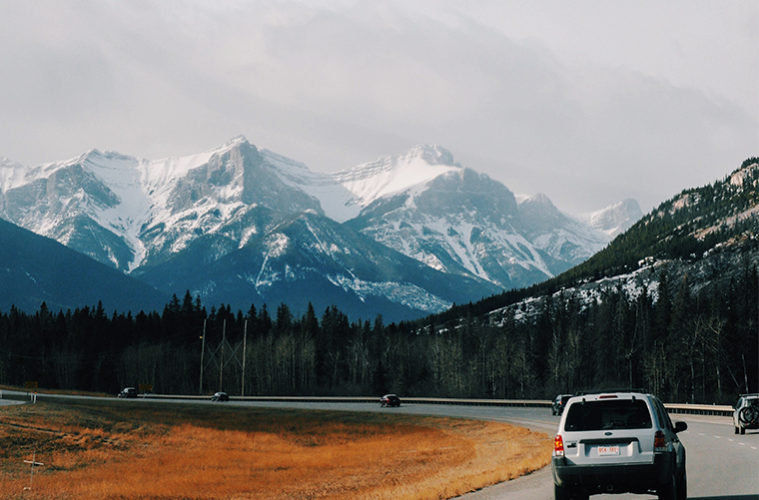Road tripping is an alternative form of travel in which the journey itself is part of the holiday fun. Just like any travel, road trips require planning and come with their own set of challenges. We have come up with the ultimate road trip guide to help you plan an exciting and safe trip for you and your fellow travelers.
PLAN YOUR ROUTE AND STOPS
You know your final destination, but getting there safely and responsibly is more important. Before you leave on your road trip, you should plan your routes and stops; choose a route that has enough service stations along the way for bathroom breaks, food, and to fill up on fuel. Depending on the length of your road trip, you may have to plan your routes around hotels/hostels so you can rest up at nights.
You will be saving yourself time and possibly money by mapping how you will be reaching your destination. Roadtrippers is a useful service which allows you to plan out your journey and find all your stops along the way using Google Maps based directions. The service also allows you to calculate fuel cost, time, and distance.
You should also keep an eye on the weather before setting off on your road trip, a seemingly shorter route can be made into a hazardous, dangerous route in bad weather conditions.
EXPECT THE UNEXPECTED
Often, road tripping doesn’t go exactly the way you plan regardless of how organised you think you are. Traffic accidents, road works, and closures are all common scenarios when travelling long distance and they could force you to take an alternative route. There will always be diversions and road signs to get you back on track to your destination but be prepared to have your journey take a little longer than originally planned.
Be sure to give yourself free time in the event you pass by popular roadside attractions which are a fun way to break up your trip.
HAVE A BUDGET
Driving to your destination will likely cost you less than flying, but when it comes to road tripping, there are hidden costs that you need to be thinking about. You will need to include food, fuel, and accommodation as well as any extra activities and fun you want to have along the way.
Look for ways to save your money, especially when it comes to fuel as this will be the most expensive part of your trip:
- Keep the weight of your vehicle to a minimum, the heavier your car, the more fuel is used. So only pack what you really need.
- When you need to fill up on fuel, do so at a service station with multiple fuel stations; more competition means lower prices.
- Avoid competitive driving and stick to the speed limits. It can save your fuel mileage up 33% when driving on motorways..
Food is the next expense on a road trip. Instead of stopping regularly for food breaks in cafes and restaurants, bring packed food from home. Food that doesn’t require cooking and keeps well in a warm car means you can eat during the journey and make less stops along the way which will also save fuel.
LOOK AFTER YOUR VEHICLE
In the weeks leading up to your road trip, be sure that the vehicle you will be travelling in is in prime condition. It’s important for you and your passengers’ safety – you don’t want to end up stranded in the middle of nowhere. Check your vital fluids, check your tires, and make sure your vehicle has a valid MOT and any other requirements to make it road legal such as insurance and tax.



